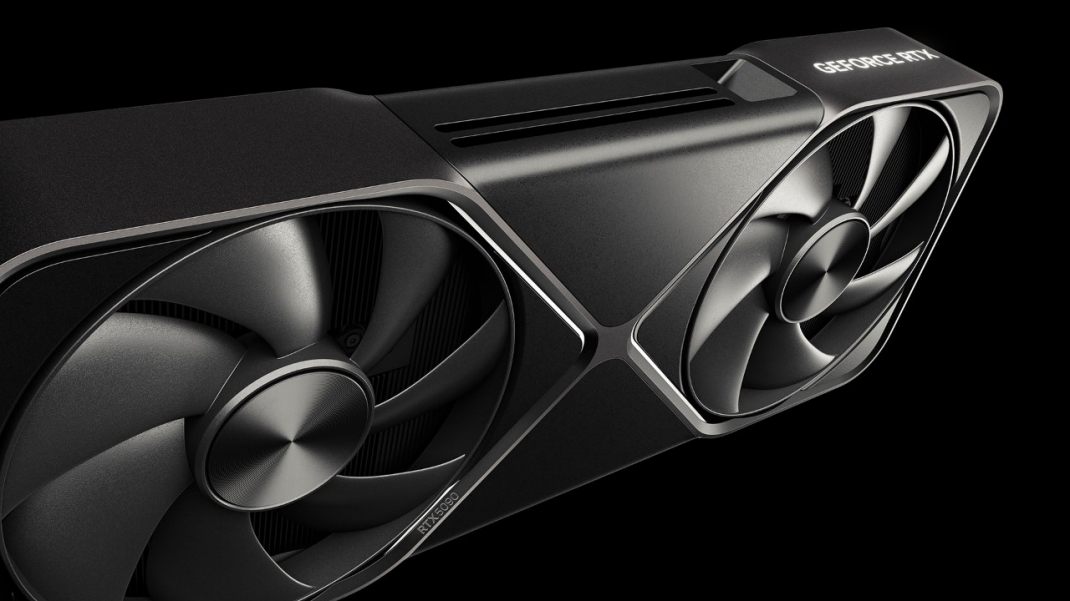- Suicide Squad failed to meet everyone’s expectations at release.
- Warner Bros. has lost $200 million on the game, with reports stating that this may not end well for Rocksteady.
- The publisher reportedly plans to shut down this iconic game development studio.
There have been many poor releases in 2024, and Suicide Squad is one of them. Along with Skull and Bones, this game managed to disappoint the fandom in more ways than one. The poor story, gameplay, visuals, and execution made fans refund the game.
The game performed so poorly that just after a month, it was discounted by 30% but still wasn’t worth buying. After two months, the price was cut down to 50%. Furthermore, Warner Bros suffered a loss of $200 million thanks to this release.
According to recent reports, Warner Bros plans to shut down Rocksteady, the studio behind this live-service title.
Why it matters: Rocksteady Studios was the leading force behind superhero games until a few years ago, making this situation quite surprising.

An insider has claimed on Twitter that Warner Bros. plans to close the studio due to the game’s failure.
Warner Bros is internally talking about closing Rocksteady or halving their 250 employees after Suicide Squad: Kill The Justice League’s bomb.
-Vara Dark
The insider has heavily covered Warner Bros. games and Suicide Squad since its release, adding weight to this report. It is also important to note that Warner Bros. has not been very kind to teams that failed to deliver in recent years.
The developer recently confirmed that it would provide updates on Suicide Squad less frequently moving forward, further hinting at the worst outcome. This would be sad since this is the same team that pioneered the Batman Arkham series.
Still, many of the original developers and founders are no longer part of Rocksteady, with some working on a new G.I. Joe project and others recently partnering with Xbox.
Microsoft recently shut down Tango Gameworks, which was behind the successful games The Evil Within and Hi-Fi Rush. So, it wouldn’t be surprising for Warner Bros. to shut down Rocksteady soon.
Gaming is currently in a very volatile state, leaving little room for projects that completely fail, like Suicide Squad. Still, we hope that Warner Bros. gives Rocksteady at least one more chance to prove itself.
Thank you! Please share your positive feedback. 🔋
How could we improve this post? Please Help us. 😔
[News Editor]
Obaid is pursuing a Law degree while working as a content writer. He has worked as a gaming writer for over three years because of his passion for the medium and reporting the latest updates in the industry. Having played hundreds of games, Obaid finds himself coming back to Elden Ring, Cyberpunk 2077, and Red Dead Redemption 2, with these games being among his favorites. He has also been mentioned on highly regarded websites, such as Wccftech, Metro UK, PS Lifestyle, GamePressure, VGC, and Gamespot.




